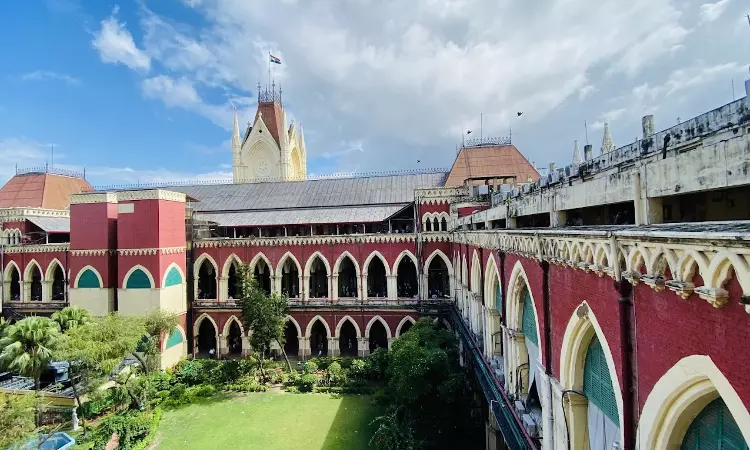Waqf Property Status Permanent, Mutawalli Leases Void Without Waqf Board Approval: Calcutta High Court
Rajesh Kumar
2 Aug 2024 7:30 PM IST

Next Story
2 Aug 2024 7:30 PM IST
The Calcutta High Court division bench of Chief Justice T.S. Sivagnanam and Justice Hiranmay Bhattacharyya has held that once a property is designated as Waqf, it remains so indefinitely. It held that Mutawalli cannot enter into a lease of Waqf property without prior approval from the Waqf Board. Therefore, the bench held that any agreements or understandings, whether written...
